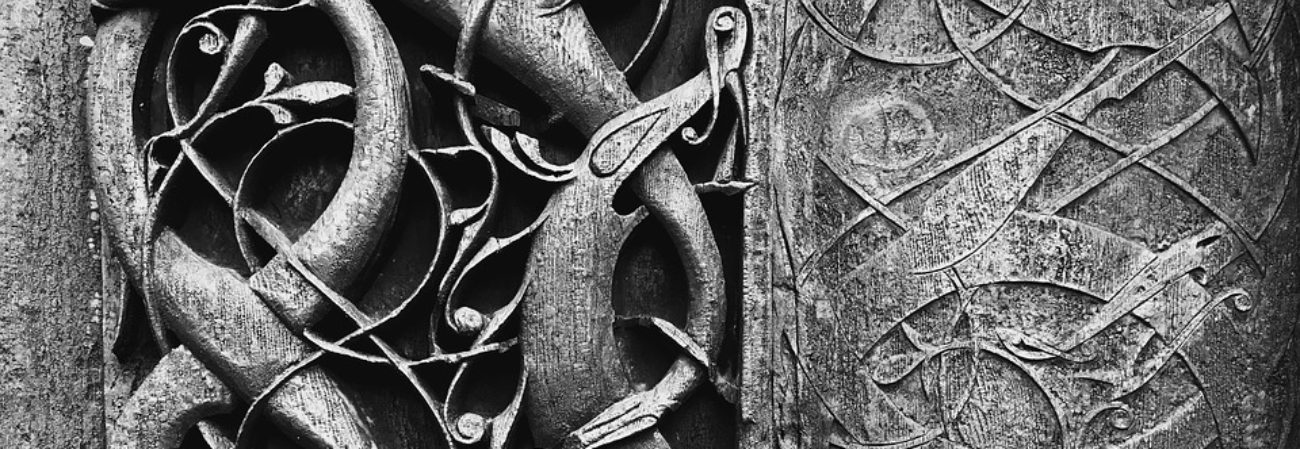
In The Serpentine Key, I take the idea that the Battle of Trajan’s Gate in August 986, was actually part of a conspiracy by some of Basil’s nobles to discredit him or even cause his death as part of the coup that was fomenting back in the capital city, Constantinople.
There is little historical record to go on and one of the main historians and eye witness to the battle itself, Leo Diaconus was actually not a supporter of Basil and was in fact, quite a harsh critic of him later on.

What we do know is that Bulgaria was an extensive threat to the Byzantine Empire and the young Basil, so new at taking the reins to his own empire, set out with 30,000 soldiers to lay siege to Serdica (modern day Sophia). The siege was a disaster. Historians tells us the the generals were inexperienced and incompetent (purposely so?) and placed the siege engines too close to the city walls. This left them vulnerable and the inhabitants destroyed them. They were further put at a disadvantage when their own supplies were destroyed by insurgents who sneaked out of the city at night. Before long, the besiegers were in as a dire situation as the besieged. Furthermore, the commander who was in charge of their retreat, Leon Melissinos, had pulled back his troops to Phillippopolis (present day Plovdiv). The commander of Basil’s western army, a man whom history only records as Stephen Kontostephanos, or Stephen the Short, urged Basil to head back to the city with all haste, with the advice that Melissinos was hastening back to take part in a coup brewing there.
Basil decided to cut his losses early and after a failed siege that had lasted less than three weeks, began a retreat through Trajan’s Gate. This was to prove to be a disastrous move. By marching his men through the mountain pass known as Trajan’s Gate, Basil had effectively set up his remaining army for a strategic ambush. It wasn’t long before the word came back to the army that Samuil’s troops had circled around and lay in wait, blocking every exit from the narrow defile through the mountains. This is not in dispute by historians. From all I have read and researched, I have yet to find anyone questioning the actions of Leon Melissinos as he pulled back the men who were supposed to guard the retreat and prevent this very disaster. Nor has anyone questioned the actions of the shadowy Kontostephanos as he urged the young and inexperienced emperor to hurry into what must surely have been a trap laid for him.
Could there have actually been a conspiracy between the supporters of the nobleman Bardas Phokas who was fomenting the rebellion from afar in Anatolia and the followers of Samuil of the Bulgarian Cometopuli dynasty? This seems unlikely, given the Byzantine attitude towards the Bulgarians at the time. Was Melissinos merely incompetent like the generals who had left the siege engines vulnerable to the besieged? Or was there something more sinister afoot? Did Kontostaphanos have his emperor’s best interest in mind when he urged him to hurry back to Constantinople? Or was this a way to funnel the emperor and his army very neatly into a pass flanked on either side with waiting archers and spearmen?
We do know that the nobles were very upset that the young emperor, Basil would go on campaign against the Bulgarians without their consent. This was likely a matter of control that they sensed they were losing over him. The emperor had already banished his powerful great uncle, the Imperial Chamberlain, Basil Lekapenos from court the year before. The young Basil was nothing if not determined and as the years in his later reign would show, he was not above eliminating any who stood in his way. He had to be stopped. Regicide was hardly new to Constantinople. Only a few years before, Basil’s step-father Emperor Nikephoros II had been the victim of just such a conspiracy having been beaten to death by John Tzmiskes. Later, Tzmiskes himself was rumored to be the victim of assassination. Some said the Imperial Chamberlain himself was behind it. So why not get rid of the young upstart Basil once and for all and make it look like a battle plan gone horribly awry?
As it turns out, the ambush did go badly. Basil, though possibly wounded, was not a casualty however. There was but one mountain pass either left unguarded or very poorly blocked and with the help of his elite advance guard, the emperor made his escape, though at a very great personal and political loss. Many of his soldiers were captured as well as the baggage wagons and the imperial insignia. He limped back to Constantinople with what remained of his army to find the whispers of rebellion echoing in the shadows of her streets. It would be three more long weary years before Basil could finally feel that the power of empire lay firmly in his grip. He had proved after all that he was a man capable of winning and holding the throne of the Eastern Roman Empire.
Let me know your thoughts below. I would love to hear from you!
Sources: History of Leo the Deacon: Byzantine Military Expansion in the Tenth Century by Leo Diaconus
The Bulgarian-Byzantine Wars for Early Medieval Balkan Hegemony: Silver-Lined Skulls and Blinded Armies by Dennis P. Hupchick
Byzantium: The Imperial Centuries, AD 610-1071 by Romilly James Heald Jenkins
